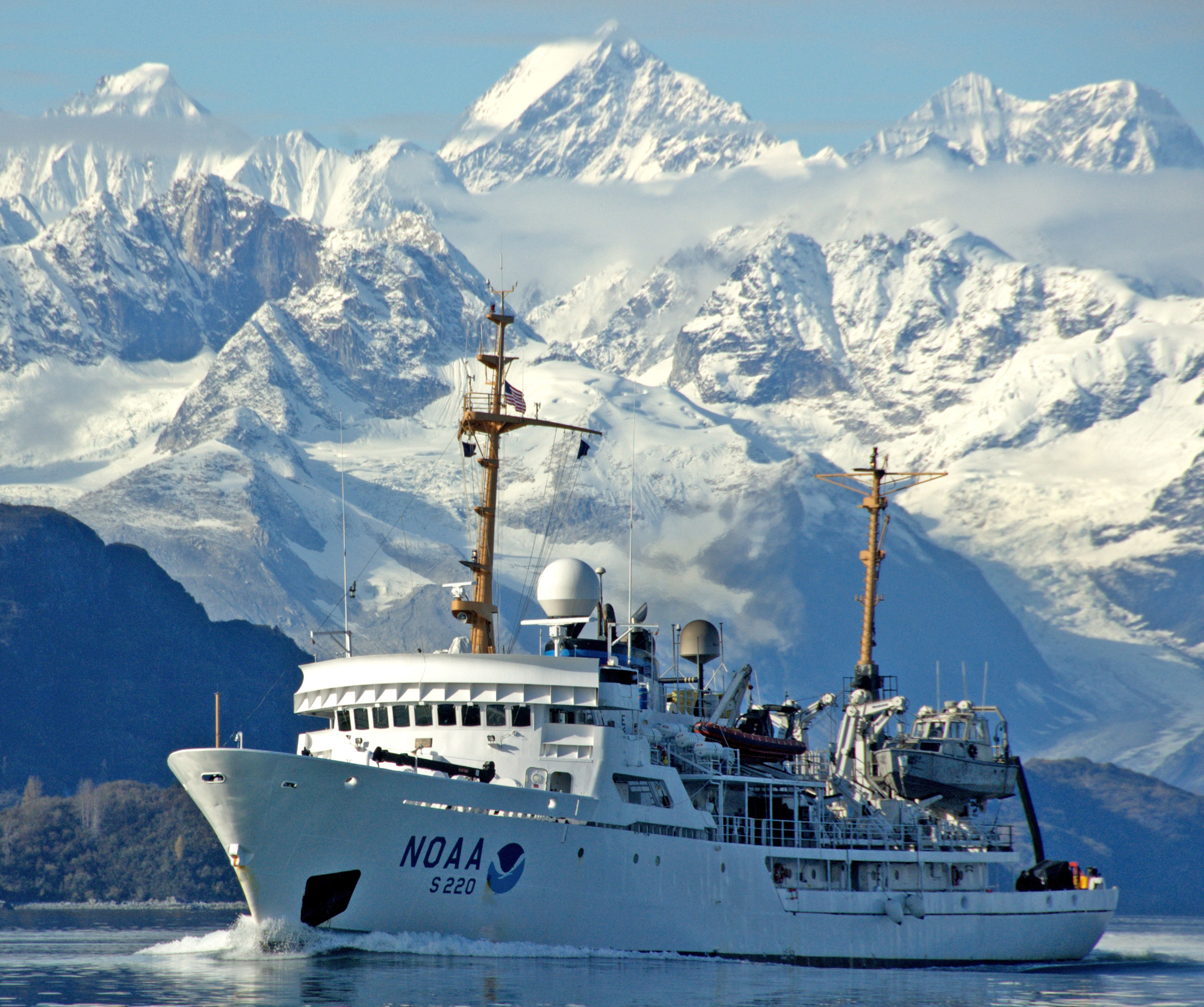Arctic researchers need to know more about climate change effects on fisheries, commission says
In a report Wednesday, the U.S. Arctic Research Commission said climate effects on fisheries are a top Arctic research priority.

Fish and fishing deserve special focus from scientists studying the rapidly changing northern environment, the U.S. Arctic Research Commission said in a new biennial report prepared for Congress.
The commission’s report on goals and objectives for 2019-2020 research puts special emphasis on ocean warming and its cascading effects.
The report was released on Wednesday at an Anchorage meeting of the U.S. Arctic Research Commission.
The commission, established by Congress in 1984 to help guide and promote the nation’s scientific programs in the Far North, has repeatedly called for research in response to a climate that is warming at least twice as fast as the global rate.
Changes to fish populations and marine ecosystems are important effects of that fast warming, commission members said.
“I don’t think that there’s any argument that not only are things changing, but they’re changing extremely rapidly,” Cheryl Rosa, the commission’s deputy director of the commission, said at the meeting.
Prolonged periods of heat in the Arctic waters — and in the Gulf of Alaska, which is “intrinsically related” to the Bering Sea — are shifting fish populations around the north, Rosa said.
“Marine heat waves are not becoming a one-off. They’re becoming a relatively regular thing,” she said.
She mentioned the “Blob,” the mass of heated water that lingered in the Gulf of Alaska North Pacific Ocean for several years starting in late 2013 and that now has returned. Pacific cod populations in the Gulf of Alaska crashed in the warm conditions, prompting fishery managers in 2017 to cut the harvest quota there by 80 percent.
The marine heat waves have far-reaching effects, Rosa said.
“These types of things affect who spawns where, if egg develop, how quickly larvae grow and then how quickly adults grow and where the animals are distributed within the water column. And all this has impact on the entire ecosystem at large,” she said.
Under the broad goal of enhanced international cooperation is a recommendation for new work to carry out the international moratorium on commercial fishing in the central Arctic Ocean. Nine nations and the European Union in 2018 signed an agreement to refrain from fish harvests for at least 16 years in the 1.1 million-square-mile international zone of the Arctic Ocean. There will be no commercial fishing until there is better understanding of the marine ecosystem there, the governments pledged in the agreement.
An important feature of that agreement was a plan among the signatory nations to jointly research the central Arctic Ocean ecosystem that used to be frozen year-round but now has increasing amounts of seasonally open water as ice retreats.
“We now have a new and emerging ocean,” commission member David Benton, a former fisheries manager for the state of Alaska and one of the negotiators on the agreement, said at the meeting.
The Arctic Ocean fisheries agreement could kick up a wave of much-needed scientific cooperation, Benton said. There has been such cooperation in the past, but more is needed in the future, he said.
“It’s becoming really clear that in many ways our science programs are not able to keep up with the pace of change that’s going on in the Arctic,” he said.
An emerging issue of concern that should be a U.S. research priority, the report said, is the fate of Arctic cod, the high-fat fish on which marine mammals and the Arctic’s people depend. Arctic cod habitat is expected to shrink as ocean waters warm and acidify, the report said.
The research recommendations went well beyond fish and fisheries.
Other broad goals include an enhanced assessment of Arctic natural resources, including commercial important resources like oil and critical minerals; study of ways to improve infrastructure, such as adaptive engineering that will be withstand the rapidly changing climate; and study of ways to improve community health and well-being.
Under the last category is a recommendation for more study of emerging Arctic diseases. “We are very concerned as temperatures rise that we are seeing differences in the range expansion of species and also the diseases that they carry,” Rosa said.